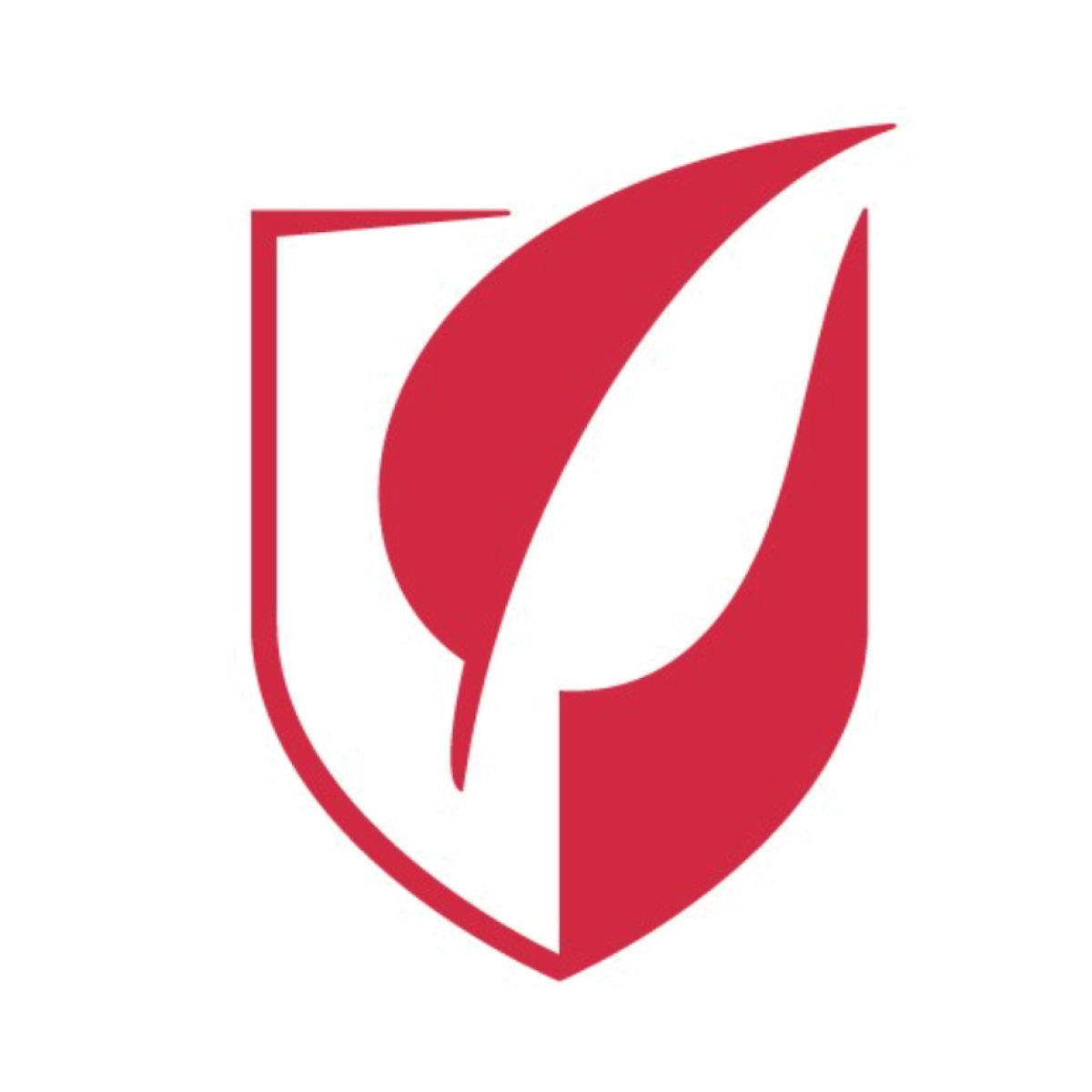Tegobuvir (GS-9190), a non-nucleoside nonstructural protein (NS)5B polymerase inhibitor, and GS-9256, an NS3 serine protease inhibitor, individually have activity against hepatitis C virus (HCV) genotype 1. The antiviral activity of tegobuvir and GS-9256 as oral combination therapy, or together with ribavirin (RBV) or pegylated interferon (Peg-IFN) alpha-2a and RBV, was assessed in a phase II, randomized, open-label trial. Treatment-naïve patients with genotype 1 HCV were assigned 28 days of tegobuvir 40 mg twice-daily (BID) and GS-9256 75 mg BID (n = 16), tegobuvir and GS-9256 plus RBV 1,000-1,200 mg daily (n = 15), or tegobuvir and GS-9256 plus Peg-IFN alpha-2a (180 μg once-weekly)/RBV (n = 15). The primary efficacy endpoint was rapid virologic response (RVR), with HCV RNA <25 IU/mL at day 28. After 28 days, all patients received Peg-IFN/RBV. All patients with viral rebound or nonresponse, defined as >0.5-log10 increase in HCV RNA from nadir or <2-log decrease at day 5, initiated Peg-IFN/RBV immediately. Median maximal reductions in HCV RNA were −4.1 log10 IU/mL for tegobuvir/GS-9256, −5.1 log10 IU/mL for tegobuvir/GS-9256/RBV, and −5.7 log10 IU/mL for tegobuvir/9256/Peg-IFN/RBV. RVR was observed in 7% (1 of 15) of patients receiving tegobuvir/GS-9256, 38% (5 of 13) receiving tegobuvir/GS-9256/RBV, and 100% (14 of 14) receiving tegobuvir/9256/PEG-IFN/RBV. The addition of Peg-IFN/RBV at day 28 or earlier resulted in HCV RNA <25 IU/mL at week 24 in 67% (10 of 15), 100% (13 of 13), and 94% (13 of 14) of patients in the three treatment groups. Transient elevations in serum bilirubin occurred in all treatment groups.Conclusion:In genotype 1 HCV, adding RBV or RBV with Peg-IFN provides additive antiviral activity to combination therapy with tegobuvir and GS-9256.






